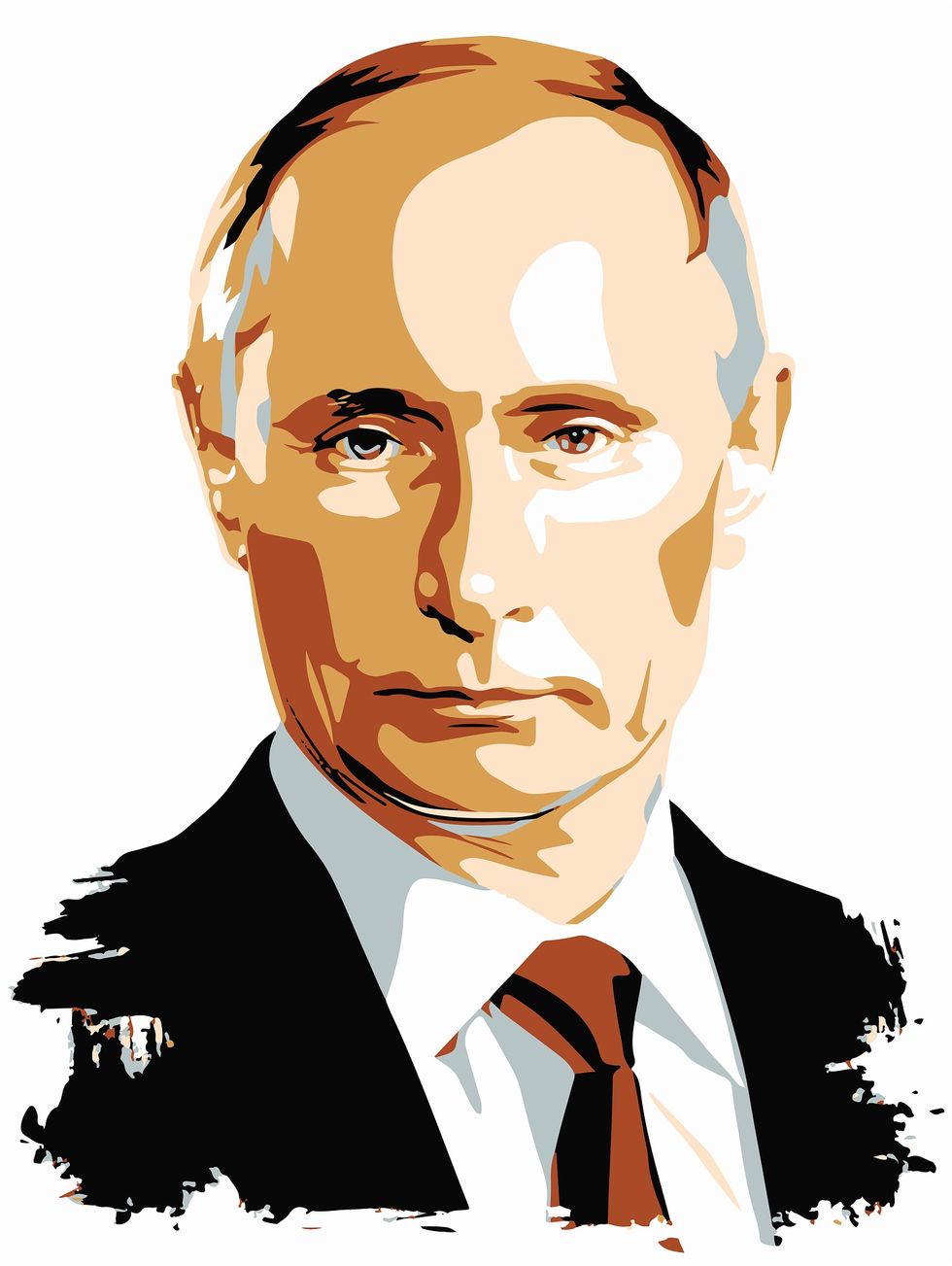When I began to learn of world history sometime in middle school, I was told with absolute certainty that the Cold War was over. That, after the collapse of the Soviet Union in 1991 there was a relative easiness on the Earth. The United States had won, and there was no one left to challenge that supremacy.
And while this was true perhaps for some time, that easiness was shattered on September 11, 2001 when the United States was brutally attacked on its own soil, the largest death toll in that sense since the 1941 Japanese attack on Pearl Harbor, and by far the largest in a nonwartime attack.
To some extent filling the vacuum of rival to the United States, a patchwork of extremist Islamist groups including al-Qaeda, the Taliban, and the Islamic State, arose. While these groups lacked the legitimacy afforded to a rival nation-state in their unwillingness or inability to hold and govern large swaths of territory, the contest (that is in truth ongoing) between the United States and these Islamists was in some respects no less ideological and by no means less political.
And in that vacuum, the Cold War and its descendants were forgotten.
Forgotten to the point that suddenly now there is talk after his resounding election to a fourth term, Vladimir Putin will not be bowing out after his time has expired in 2024.
There is talk that Putin will make himself leader, Russian vozhd, for life.
In the shadow of the U.S. War on Terror, old threats have emerged anew that threaten to tear at America and her allies in a way that hasn’t been seen since the Berlin Wall fell in 1989.
China’s president, Xi Jinping, too has recently manipulated the Chinese single-party state to remove term limits from the office of the president, consolidating power unseen for the position in the modern day. It is now an open secret that Xi will serve the remainder of his life in the position.
Granted, these threats are slow. These threats are more covert. There is no atrocity like 9/11 that the Russians or Chinese have committed. But they are engaging us in trade warfare, as rightly noted by U.S. President Donald Trump, and have been spying on us digitally for years.
These battles are being fought in the more nebulous regions of cyberspace and with the slippery weaponry of currency, rather than with the blood and sweat poured out on the fields of Iraq and Afghanistan.
And not only the United States. A recent alleged Russian attack on turncoat, double agent spy Sergei Skripal in London has the United Kingdom up in arms. Skripal was found unconscious on a bench alongside his daughter, Yulia, near a shopping center in Salisbury. It was later declared that the Russian produced nerve agent, Novichok, was used in the attack. Both are still alive, but in critical condition. Prime Minister Theresa May recently expulsed 23 Russian diplomats in retaliation and publicly denounced the attack.
Furthermore, in a show of left-right solidarity, Foreign Secretary Boris Johnson concurred with remarks made by Labour MP Ian Austin, projecting that Russia’s hosting of the 2018 Word Cup could bear resemblance to Adolf Hitler’s Germany hosting the 1936 Olympics, which became an immense show for Nazi propaganda.
Here too, there is every likelihood that Putin will use the stage provided by the World Cup to promote his own personal brand and consolidate his power on both national and international levels.
The dawn of the 21st century has been the onset of a world ever more beset by uneasiness. Domestically many Americans have brought forth qualms with the Trump presidency, including its perceived laxness in regard to Russia. And while the brand that is Trump doesn’t see much past self-interest, and while there has been rhetoric amply critical of China (if not always reflected in policy), that’s not to say there aren’t alarming attitudes at 1600 Pennsylvania Avenue towards the Kremlin, including President Trump congratulating Putin on what many have denounced as a sham election.
This period of uneasiness is not something that those who appreciate freedom and democracy are entering free of trepidation. And yet, that is not to say there is no hope. While revitalized threats to the United States may be rearing their heads, there is a firmness of spirit that I cannot help but have faith in.
If the Berlin Wall fell once before, perhaps too again.

















